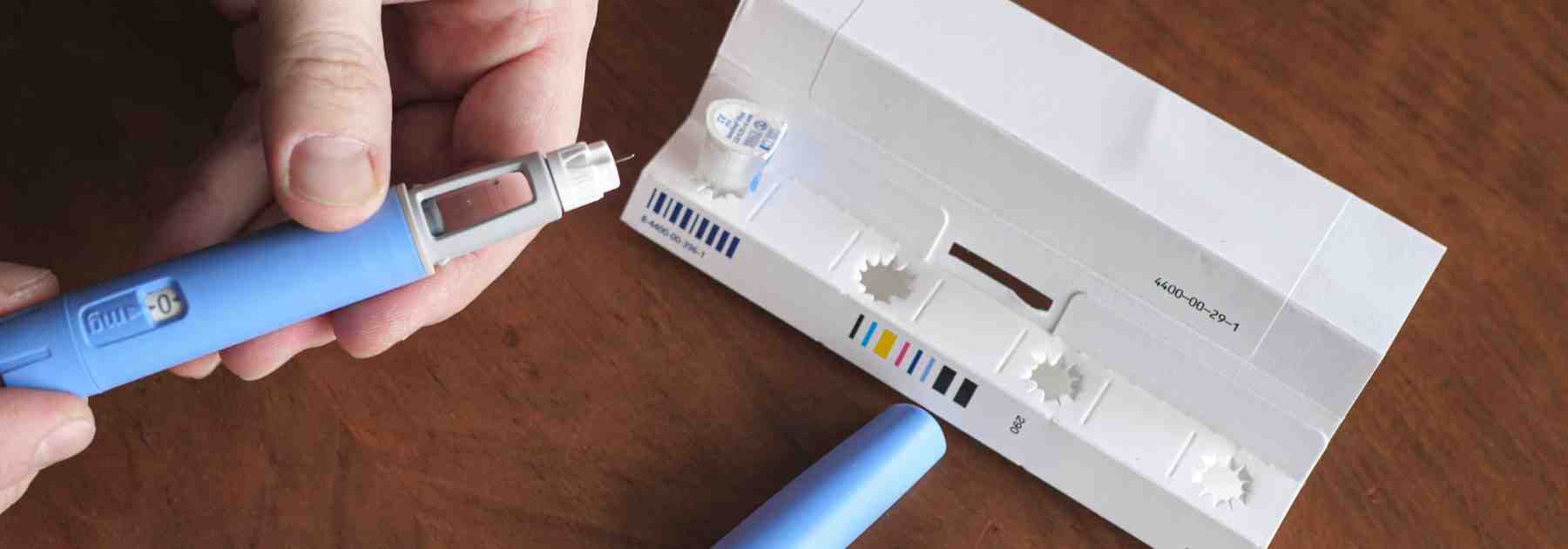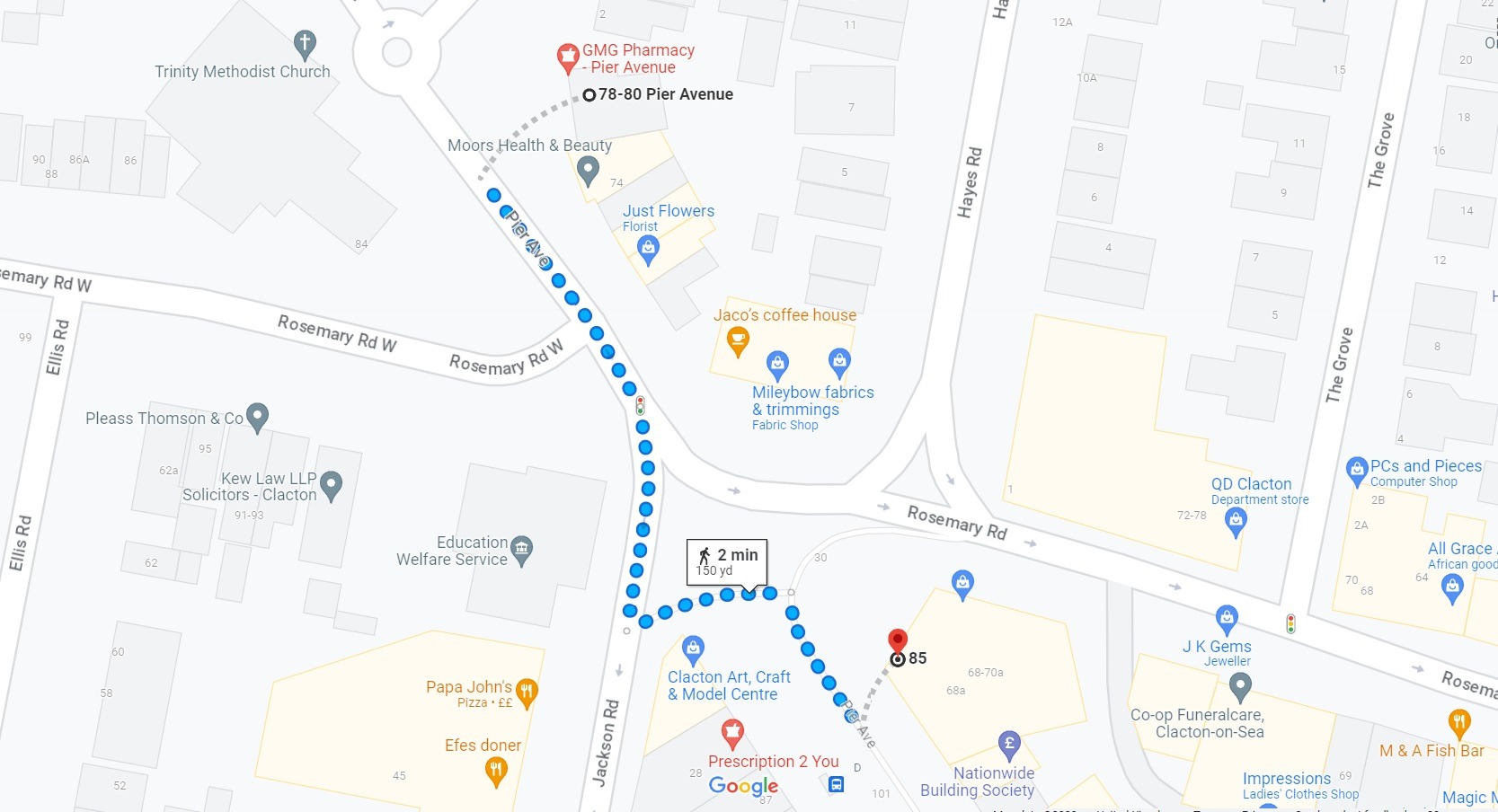Understanding the Complexities of Weight Loss and Getting Lean
At G.M. Graham Pharmacies, we understand that many people put in effort to achieve a lean physique, carefully tracking calorie intake and exercising regularly. However, many find themselves asking, “Why am I not losing weight in a calorie deficit?” While diet and exercise are essential, they may not always lead to the desired results as quickly or predictably as we’d like.
Here, we explore the realities of getting lean and the factors beyond diet and exercise that could be holding you back.
Understanding the Calorie Deficit
A calorie deficit is the foundation of weight loss: by consuming fewer calories than your body needs, you should theoretically lose weight. However, while this formula seems straightforward, weight loss can be far more complex. Hormones, metabolism, muscle mass, and even stress can influence how efficiently the body loses fat in a calorie deficit.
For some, eating in a calorie deficit results in a quick drop in weight; for others, the scale may seem stubbornly stuck. This can be due to several factors, including natural differences in metabolism, where the body’s energy expenditure doesn’t align perfectly with calorie intake.

Why Exercise and Diet Alone Aren’t Always Enough
While diet and exercise play a critical role in losing weight, they aren’t always enough on their own. Many factors, such as hormone imbalances, stress, and sleep, impact how the body responds to a calorie deficit. Let’s examine some common issues that can disrupt weight loss.
- Hormonal Imbalances: Hormones play a major role in weight regulation. For instance, high levels of cortisol (the stress hormone) can promote fat storage, especially around the belly. Thyroid hormones also control metabolism, and an underactive thyroid can slow down weight loss despite a calorie deficit. Insulin resistance, another hormonal issue, can make it harder for the body to effectively utilise glucose, leading to increased fat storage.
- Metabolic Adaptation: When you’re in a calorie deficit for an extended period, the body can adapt by slowing down the metabolism – a process known as metabolic adaptation. The body aims to preserve energy, so as you lose weight, your energy needs decrease. This can make weight loss slower over time, despite sticking to the same calorie intake and exercise routine.
- Sleep and Recovery: Sleep is often overlooked, but it’s crucial for overall health and weight management. Poor sleep can alter hunger-regulating hormones, leading to increased cravings and appetite. Additionally, without adequate rest, recovery from workouts is slower, and motivation for exercise may decline, creating a cycle that can hinder weight loss.
- Stress Levels: Chronic stress affects many areas of the body, including fat storage. Stress-induced cortisol increases appetite and can encourage the body to hold onto fat. In a calorie deficit, managing stress becomes essential for seeing results.
- Muscle Mass and Strength Training: Muscle mass plays a big role in metabolism. The more muscle you have, the more calories you burn at rest. While cardio exercises burn calories, incorporating strength training is key to building lean muscle. Without it, the body may lose muscle alongside fat, resulting in a lower metabolism and slower progress.
Tips for Long-Term Success
If you’re in a calorie deficit and not losing weight, consider these adjustments:
Incorporate Strength Training: Adding strength training to your routine helps preserve and build muscle, boosting metabolism and making it easier to maintain a lean physique. Exercises like weightlifting, resistance bands, or bodyweight training are beneficial.
Cycle Your Calories: Instead of maintaining a constant calorie deficit, try cycling your intake by having some days at a higher calorie level. This can help reduce metabolic adaptation, keeping your metabolism active.
Prioritise Sleep and Stress Management: Aim for at least 7–8 hours of quality sleep each night. Techniques like meditation, yoga, or simple deep-breathing exercises can help manage stress and support hormone balance.
Consider a Professional Evaluation: If you suspect hormonal imbalances or other metabolic issues, a consultation with a healthcare professional or a pharmacist can provide insights. At G.M. Graham Pharmacies, we offer advice on supplements, nutrition, and guidance to support your health journey.
Explore Weight Loss Injections: For those who struggle with weight loss despite diet and exercise, weight loss injections may offer additional support. These injections, like Saxenda or Wegovy, work by regulating hunger hormones to reduce appetite and enhance weight management efforts. At G.M. Graham Pharmacies, our team can discuss options, suitability, and provide guidance on how weight loss injections might fit into your health journey.

Getting Lean and Staying On Track
Achieving a lean physique requires patience, consistency, and a holistic approach. Diet and exercise are essential, but they’re only part of the picture. If you’re asking, “Why am I not losing weight in a calorie deficit?” it may be time to look at other factors such as sleep, stress, and muscle mass. It might also be time to explore weight loss medication and seek help from our team.
At G.M. Graham Pharmacies, we’re here to support your health and fitness goals. Get in touch to learn more about how we can help you achieve lasting results.
This blog was written on behalf of G.M. Graham Pharmacies by Pharmacy Mentor.
